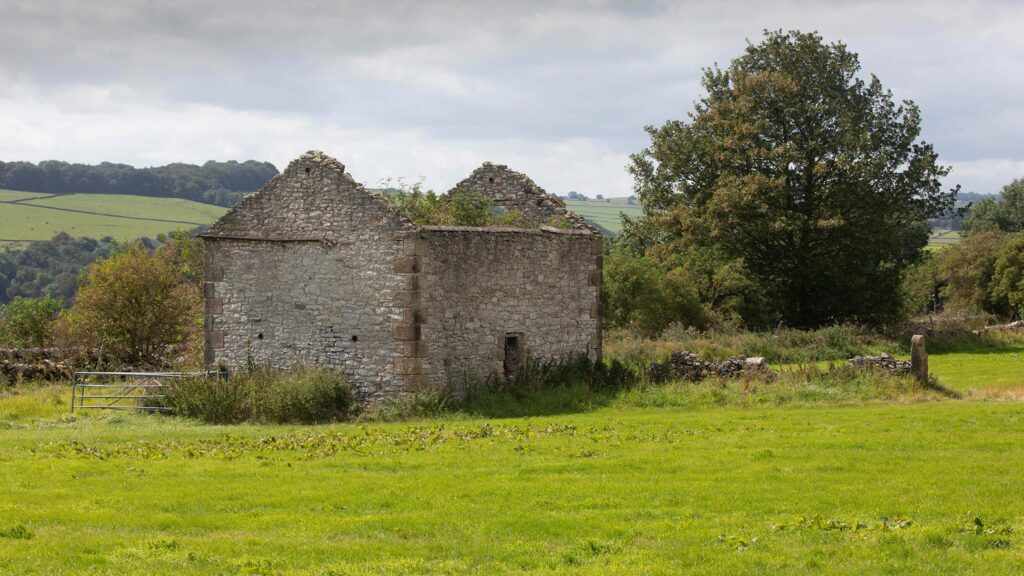Heritage Relief tax deals may exclude tenants from schemes
 © Tim Scrivener
© Tim Scrivener Tenant farmers could find themselves blocked from key agri-environment schemes as more landlords seek to take advantage of a little-known inheritance tax exemption, the Tenant Farmers Association (TFA) has warned.
Under the UK government’s Heritage Relief scheme, landowners can apply for conditional exemption from inheritance tax (IHT) if they enter into long-term land management covenants with HMRC on land of “scenic, historic or scientific interest”.
However, with reports of more landlords looking to use the scheme to mitigate their tax liabilities, the TFA fears tenant farmers may be left out of vital support schemes.
See also: IHT planning must include an all-round review of assets
Land covered by such covenants could be excluded from new public funding schemes such as the Sustainable Farming Incentive (SFI) and Countryside Stewardship in England or the Sustainable Farming Scheme (SFS) in Wales.
This is because the public purse is unlikely to “double-fund” environmental activities already accounted for under a landlord’s tax relief deal.
TFA chief executive George Dunn said: “Landlords seeking to make use of this heritage relief must ensure to inform their tenants to avoid problems with schemes in the future.
“In addition, given that such relief available to the landlord will reduce options for the tenant, rental levels will need to reflect the lack of ability for tenants to join other publicly funded schemes.”
Tenant awareness
The TFA is calling on tenants to be proactive and check whether the land they rent is already subject to such a covenant, which could affect their future eligibility for funding.
Mr Dunn stressed that transparency and communication between landlords and tenants would be essential to avoid disruption as the tax changes came into effect.
The TFA continues to monitor the issue closely and says further guidance may be needed to protect tenants’ interests as landlords explore IHT-saving measures.
Heritage Relief won’t apply in all cases, but where land does qualify, it can be a valuable – and in some instances, important – option for landowners to consider.
